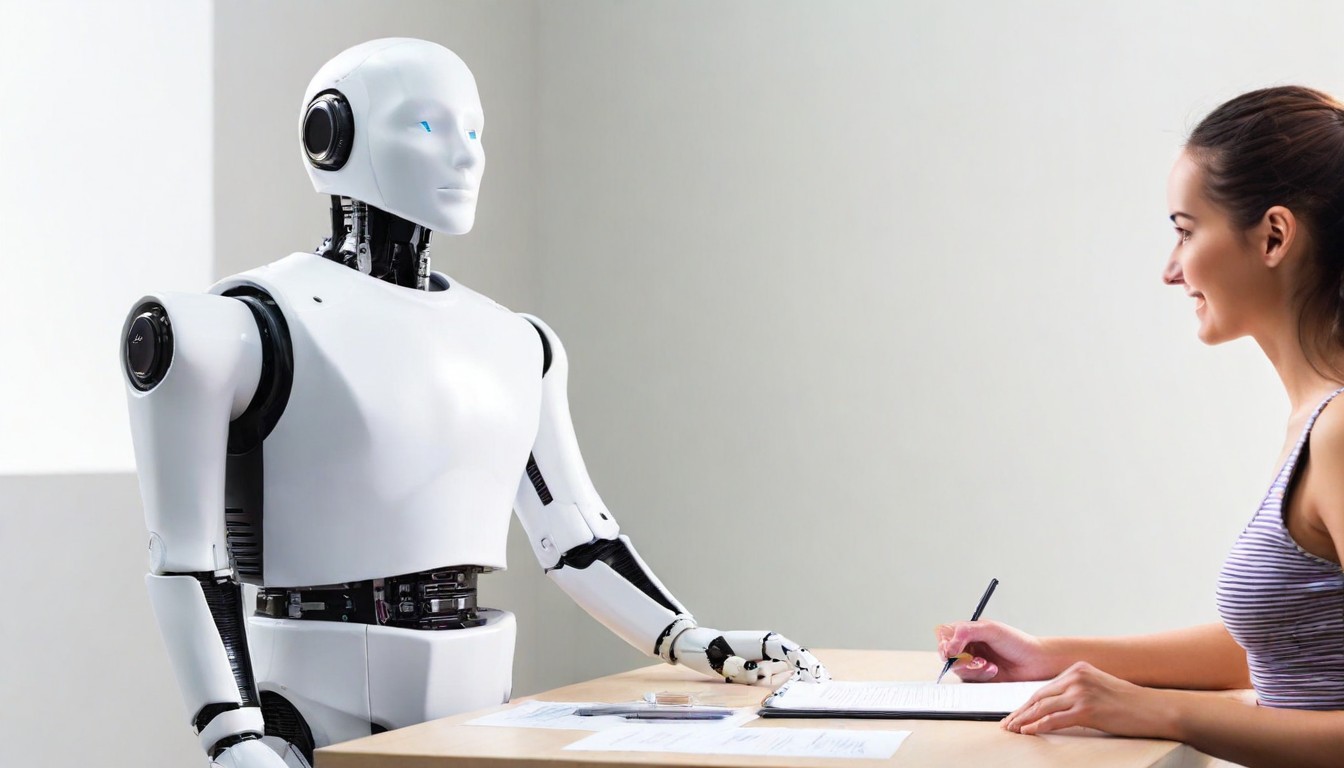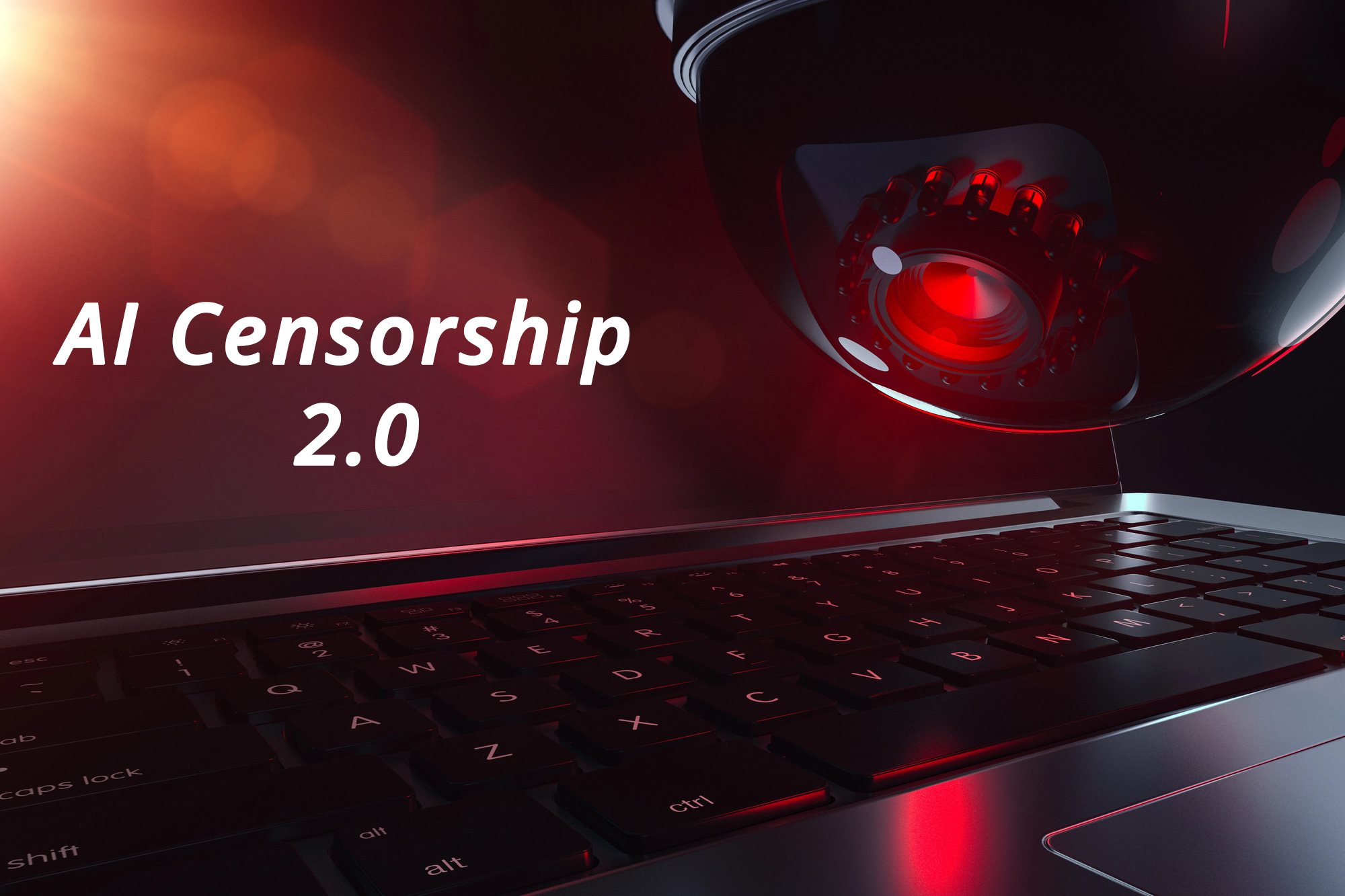It is no secret, that I am a proponent of Artificial Intelligence (AI) in practically all areas of business.
As a species, we have reached a level of technology where we can now comfortably off-load boring repetitive tasks to an AI. That said, I am not in favour at present (and unlikely to be for a good many years) to completely offload all work onto an AI and take the day off.
AI is a wonderful tool, powerful in its own way and as easy to use as simply talking. It is not however, at the level that I feel where it stands alongside human beings and elevating it to such a height is dangerous. Personally, I believe the best “place” for the current level of AI is as an “intern” for every staff member rather than anyone’s manager.
This is the approach that I advocate, AI is the fresh-faced intern that sits inside every staff member’s computer. Ready to help out with all the tasks that are dull, repetitive and need more than a simple macro can achieve (a macro is simple recording of actions that can be replayed forever). The “intern” can review documents, generate images, manage schedules and more, though it is not to be left unsupervised.
If you imagine suddenly everyone in the office had a fresh school leaver waiting by their desk to help with the work, would you expect them to be able to manage every task flawlessly and assume the work is done correctly? Bluntly, no you would not. This is the mindset that I strongly suggest that everyone who uses AI takes to put them in the best frame of mind to deal with the reality of AI.
As a personal example, I recently used AI to help me generate a report. It was a good experience overall as the AI happily generated revisions and accepted my additional requests. After a short while (far shorted that it would have taken if I have manually generated the report) we had a completed document. However, as part of the process I requested the report be converted into a Word document so I could use some additional features in Word. The AI generated the document but what was generated was not a complete version of the report. Rather the document was more a summary version of the report rather than the full content. I asked the AI again and again the file came back only with minor improvements. A 3rd, 4th and 5th attempt with different prompts were all met with failure when all that was needed was for the report text to simply be copied into a document. In the end, I did it myself as the time to explain (and keep re-prompting) was longer than it was for me to simply copy the content directly into Word.
Had I not checked the document at the end of the process and simply trusted the AI to generate the document (a simple task in my mind) then I would be at fault. My supervisor mindset of checking the work generated by the AI was more beneficial than blinding assuming it would do exactly what was requested of it.
Now as AI is not going anywhere except “up”, every business needs to fully understand how AI can be integrated into their organisation while being aware of its limitations. Everyone now can have their own “intern” for pennies a day, those businesses that embrace those “interns” will find themselves powering past their competitors as long as they understand AI’s limitations.
For more advice on how to integrate AI into your company, please get in touch for a consultation.
(this post was hand written)


